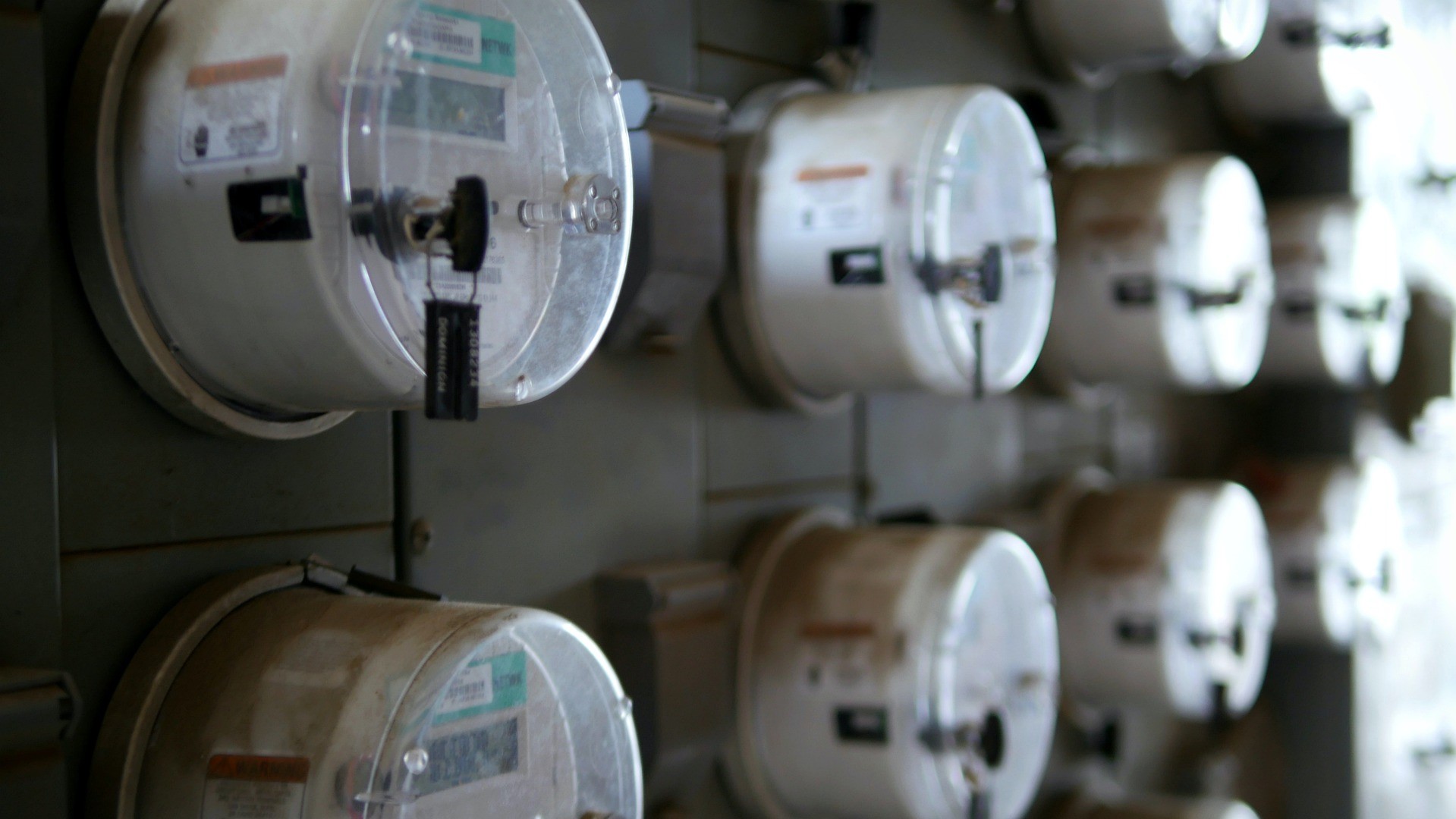
There is an economic and energy crisis in Europe which is affecting energy prices and people's utility bills.Continue reading

For households, the reduced prices for gas, electricity, and district heating will not increase throughout the year up to the amount of average consumption, Energy Minister Csaba Lantos announced. He added that the government has taken the necessary steps to ensure the security of energy supply for Hungarian consumers and to keep prices affordable and manageable.
Csaba Lantos said that one of the most important goals of Hungarian energy policy was to establish the country’s energy sovereignty. In addition to ensuring security, affordability, and sustainability of supply, the fourth challenge is the growing demand for energy; Hungary’s response to the crisis is economic growth and industrialization, which requires more energy, he underlined.
The Energy Minister stressed that Hungary imports 75 percent of the energy it consumes, hence efforts must be made to increase the amount of energy produced at home. He said that in order to do this,
natural gas will be reduced in the domestic energy mix, the share of alternative energy sources will be increased, storage capacities will be expanded, and infrastructure developments will be implemented to meet the growing demand for electricity.
He indicated that in the case of natural gas, domestic production will be increased. The first well has already come into effect in the Sarkad area in southern Hungary, and 52 wells are planned to be drilled in total. The government is encouraging the further expansion of renewable energies, while also considering extending the lifetime of existing units at the Paks nuclear power plant and building the Paks 2 project, Lantos emphasized. On the cost of the investments, he said the government plans to finance it mainly from the EU’s Recovery and Resilience Facility (RRF) credit line.
As reported back in January, Hungarian households paid the second cheapest price (9.02 euro cents per kilowatt-hour) for electricity last December for average consumption in the protected price category (2,523 kilowatt-hours per year) among European capitals. According to an international price comparison study by the Hungarian Energy and Public Utility Regulatory Authority, in Europe, only Belgrade – the capital of non-EU member Serbia – was cheaper than Hungary when it comes to electricity.
Regarding natural gas, it was the cheapest in Hungary in December at a reduced price of 2.48 euro cents per kilowatt hour (up to 63,645 megajoules per year) in EU countries. Only residents in Belgrade paid a lower price of 3.53 euro cents. With the recent announcement by the Energy Minister, Hungary could continue to have the cheapest prices for energy in the future as well.
Featured photo via Pixabay